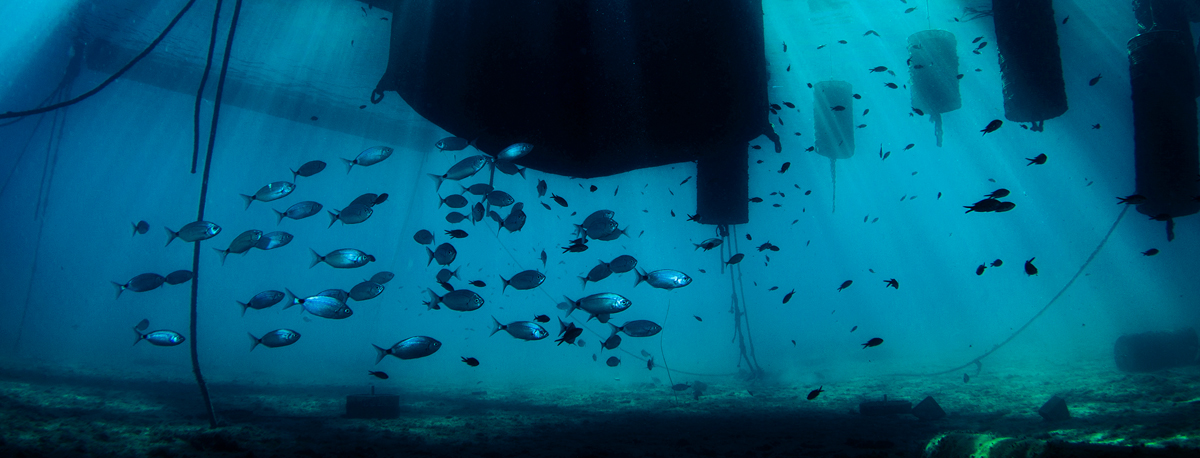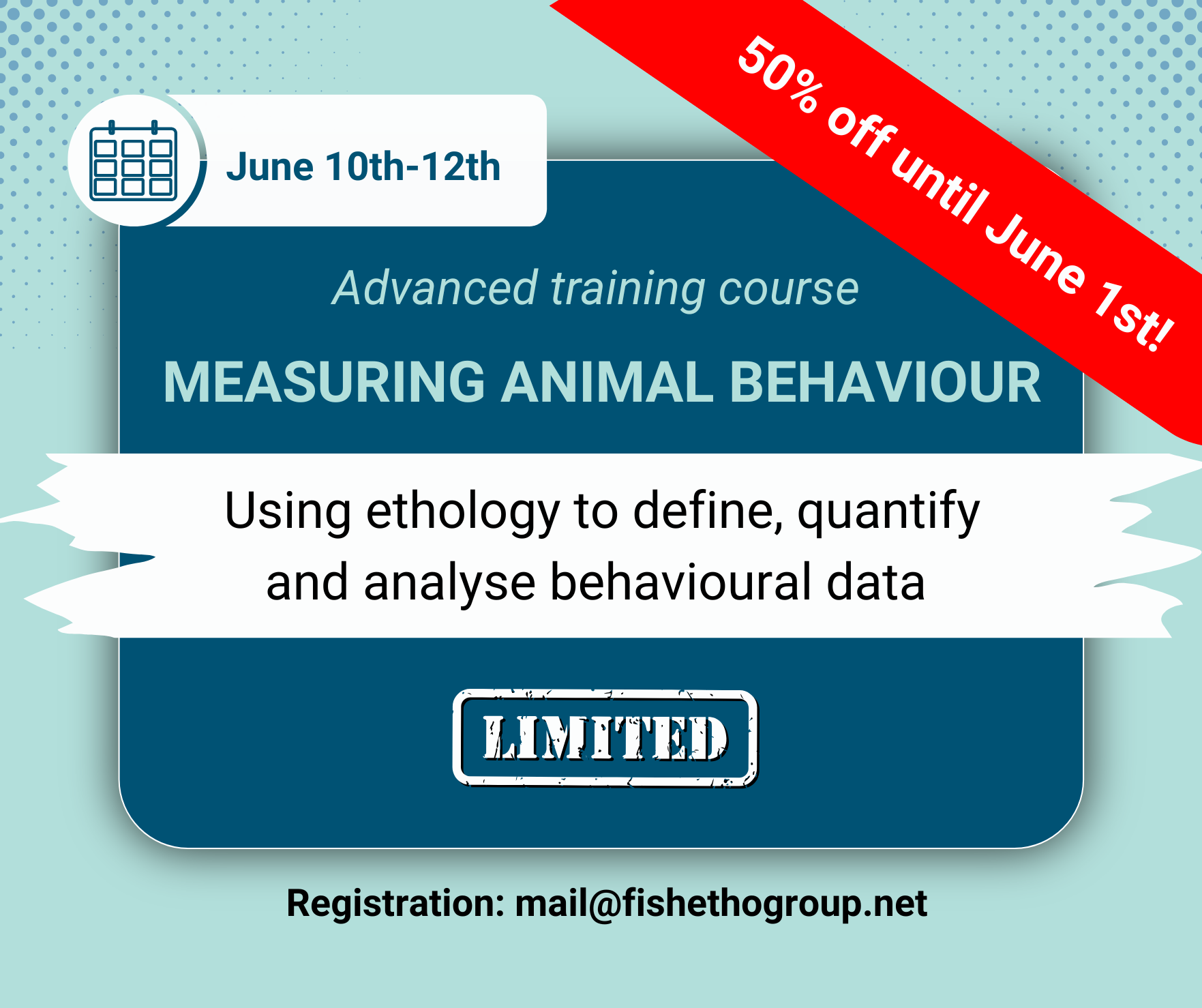
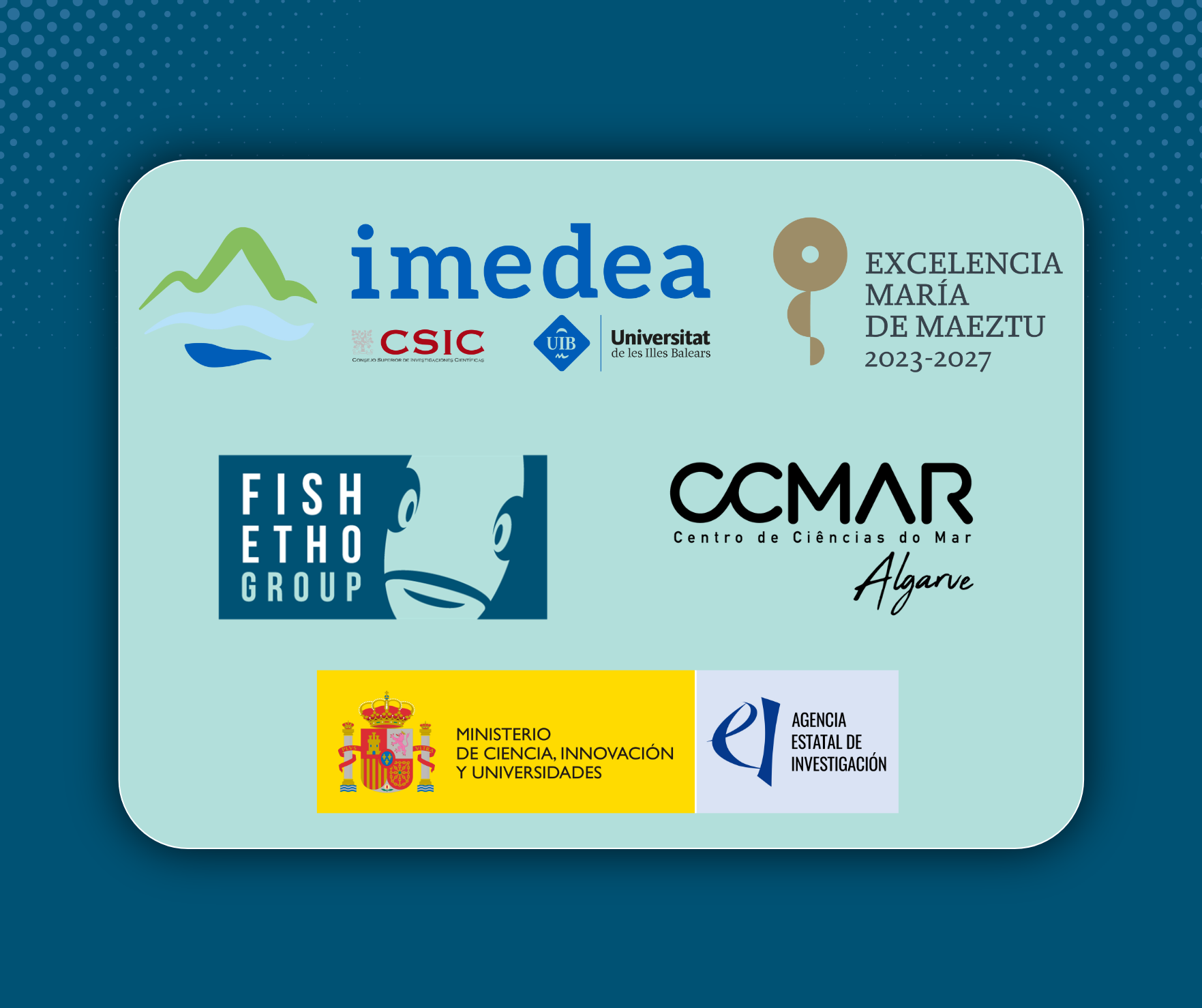
Measuring Animal Behaviour
Using ethology to define, quantify and analyse behavioural data
This advanced course will focus on how to use an ethological approach to quantify and understand behavioural data. Participants will learn the four questions of Ethology (the four levels of analysis to study animal behaviour: evolution, function, development and mechanisms) and use them in a practical way.
For that, we will use examples of several taxa to build ethograms, learn the methods and tools to record and register behaviour on different types of studies, and finally learn the possible uses of such data. The final session will entail real-life ethological observations at the Palma Aquarium, where the participants will have the opportunity to design their ethological study, perform observations to collect data and analyse it and answer their research questions.
The course is hosted at the Mediterranean Institute of Advanced Studies (IMEDEA-CSIC/UIB) located in Esporles (Mallorca, Spain), in collaboration with FishEthoGroup Association (FEG) and the Centre of Marine Sciences (CCMAR).
📅 Dates
June 10th - 12th, 2025 (3 days)
📍 Location
Mediterranean Institute of Advanced Studies (IMEDEA), Esporles, Mallorca, Spain (map)
💶 Price
200 € (includes two full-day lectures at IMEDEA and one day visit to Palma Aquarium)
We offer 5 grants for IMEDEA students!
Registration
Participants are expected to have at least some knowledge on general biology, physiology, ecology and evolution. The course is specially designed for undergraduate, master and PhD students with interest on animal behaviour.
Please send your registration request to mail@fishethogroup.net including the following Information:
- Full name
- Formation/background
- Current status/job position
- Company/Institution
- Country
- Eligible for grant (student at IMEDEA): Yes/No
Once pre-registrations have been received, those who have been accepted will be informed in strict order of registration.
The course is limited to 20 participants and will be closed when seats are filled!
Speaker: Dr. João Saraiva
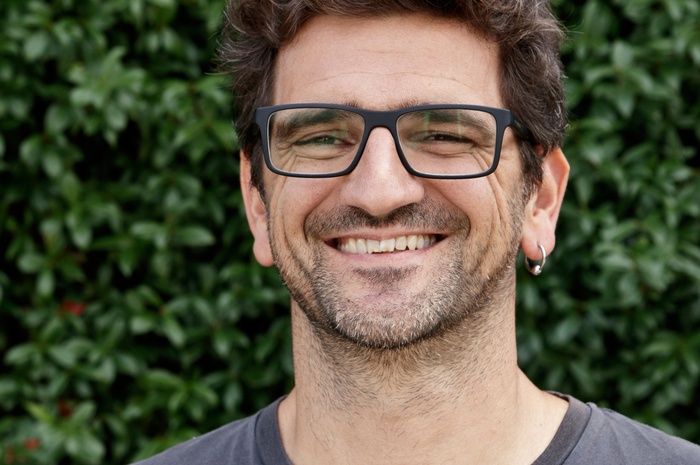
Speaker: Dr. João Saraiva
Dr. João Saraiva is a fish ethologist with a special interest in welfare. He is currently leading the Fish Ethology and Welfare Group at the Centre of Marine Sciences in Faro, Portugal and is the president and founder of the FishEthoGroup Association. With a research background on behaviour and communication in teleosts, João now focuses on the application of fundamental science to improve the welfare of fishes, both in aquaculture and in fisheries. The team lead by João has an extensive record of achievements in research, training, dissemination and consultancy. He is an invited lecturer of Ethology at the University of Algarve, and also works as a consultant for EU institutions, certification bodies and other private stakeholders.
Speaker: Dr. María Cabrera
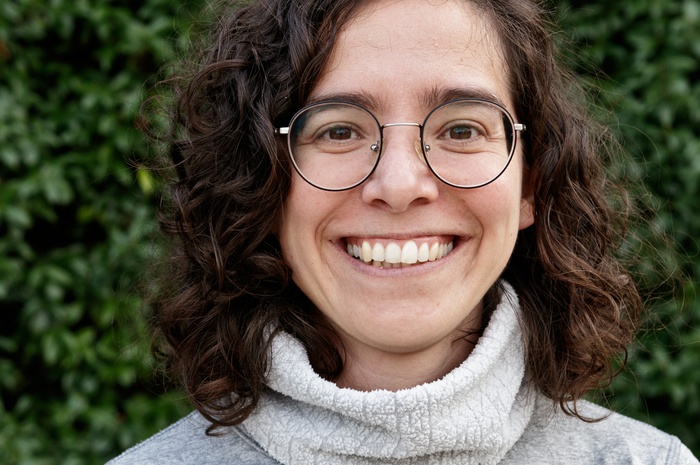
Speaker: Dr. María Cabrera
Dr. María Cabrera is a biologist with a speciality in fish behaviour and neuroscience. She did a MSc in Animal Behaviour and Neuroscience at Utrecht University (The Netherlands), a PhD in Fish Social Behaviour and Neuroscience at McGill University (Canada) and worked at a Comparative Cognition laboratory at the University of Cambridge (UK). María is currently a researcher at the FishEthoGroup Association and the Center of Marine Sciences of the Algarve (CCMAR). She is interested in the underlying mechanisms of animal cognition and social behaviour and in how we can use this information to improve the life and welfare of farmed fishes. Her latest work involve the use of heart rate bio-loggers to explore the effects of environmental enrichment and stunning and slaughter methods on fish welfare.
Speaker: Dr. Pablo Arechavala
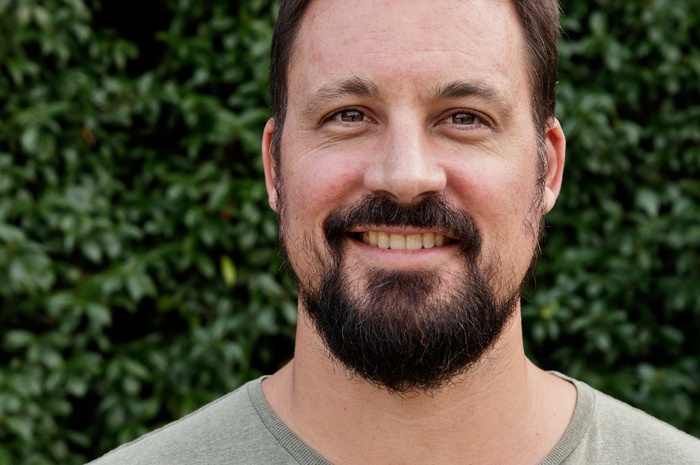
Speaker: Dr. Pablo Arechavala
Dr. Pablo Arechavala is a marine biologist specialized on fish ecology and behavior. He is a researcher at the Mediterranean Institute of Advanced Studies (IMEDEA) and member of FEG- FishEthoGroup Association. He studies the behaviour of wild and farmed fish under the influence of aquaculture environments with a view to promote a more sustainable and responsible aquaculture activity. He is focused on investigating and validating behavioural indicators of fish welfare, developing operational tools to monitor fish behaviour and welfare at farms, assessing the effects of environmental enrichment on farmed fish species or rising welfare management plans at commercial and global scale, among others.
